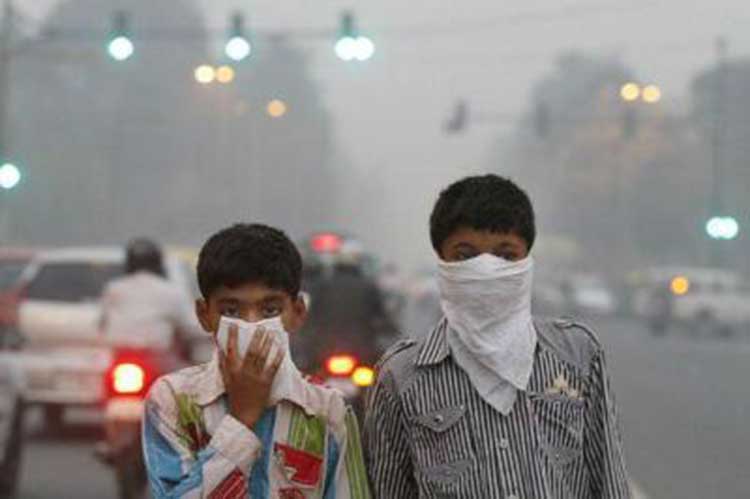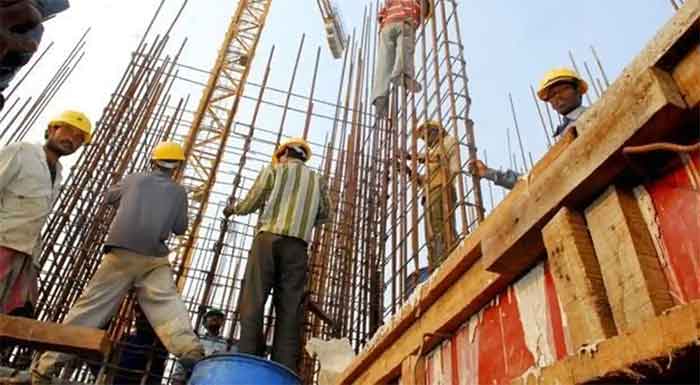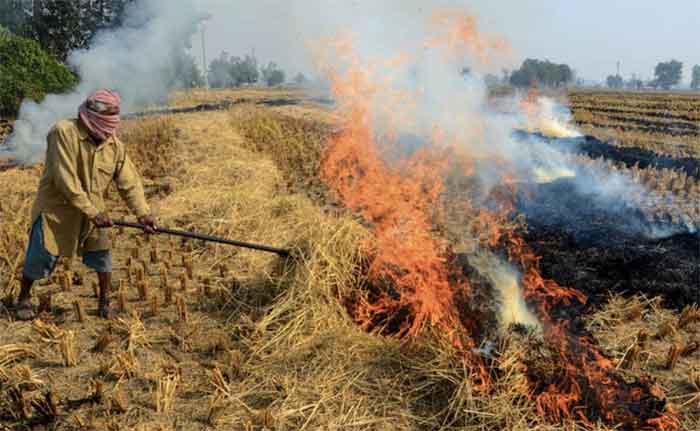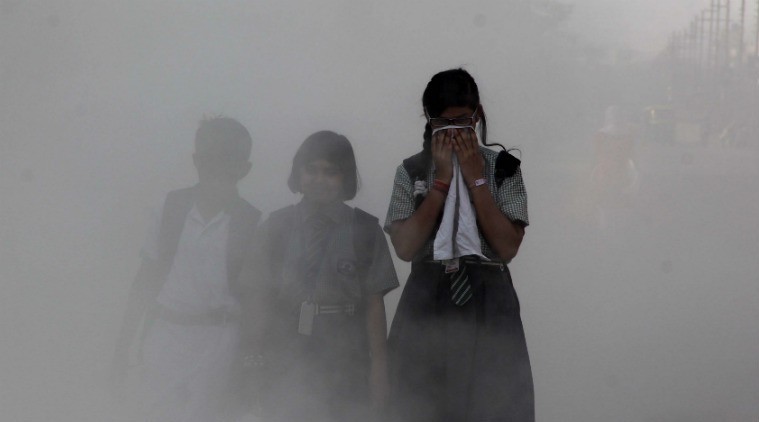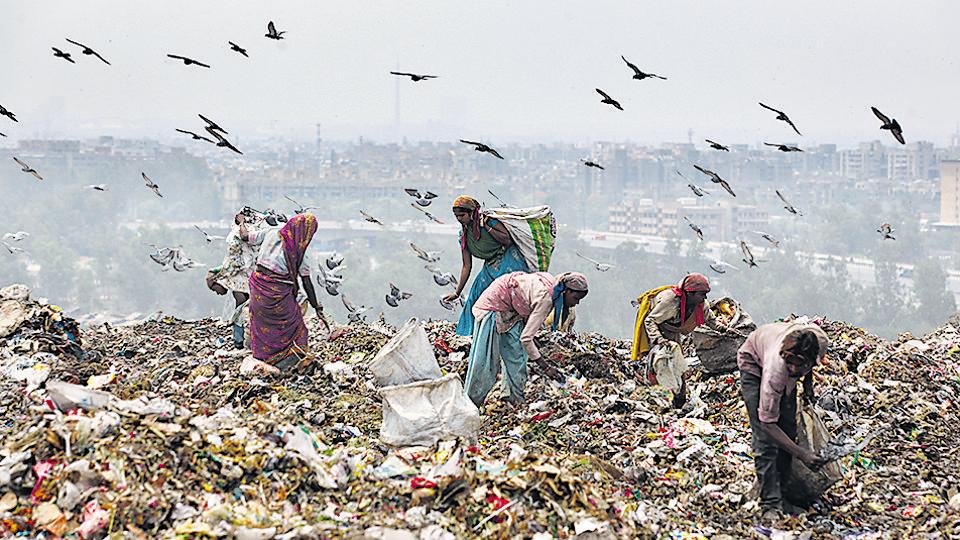
Many informal sector workers are more exposed to pollution because they work outdoors or else work indoors in polluting conditions. Hence the health risks they face when air pollution levels are high are much higher compared to the risks faced generally by other citizens.
To avoid high health risks sometimes the authorities place many restrictions on construction and industrial activities for certain periods of high pollution levels, or else sometimes place a complete ban on construction and certain other activities for extended periods. When they hear about this, several citizens may heave a sigh of relief as they expect reduction of pollution due to this, but in the case of a large number of workers this means that for an extended period they will have no employment and hence no income. They may not even be able to arrange such basic needs as vegetables or school fees as they have very limited savings.
Hence on both sides of the pollution debate—whether high levels of pollution or unemployment– they suffer in different ways.
This dilemma faced by many informal sector workers has been brought out very vividly in a recent study in Delhi by two organizations—Help Delhi Breathe and Mahila Housing Trust. This study was conducted in several settlements of Delhi where informal sector workers such as construction workers, domestic workers, landfill site workers, street vendors and waste pickers etc. live. 91% of them reported feeling sick or uncomfortable when pollution levels go up. 75% of the workers are troubled by constant exposure to pollution at workplace. 27% say they are also exposed to toxic substances.
78% say they have to toil under extreme weather conditions too. 51% say they are exposed to heat stress. 85% expressed the need for improvement of air quality at their work-site.
However at the same time 40% of the workers covered in this study said that the government should not shut down polluting industries or activities in the city so that their jobs can be maintained. This shows how somehow earning a livelihood and thereby meeting basic needs of family can be more important for workers than protecting their health.
Therefore workers would like to look at solutions in terms of reducing pollution and improving working conditions rather than in terms of periodically closing industries or banning construction activities. Unfortunately it appears that even some of the simpler measures for providing relief are neglected. 65% of the workers said that sprinkling water at the worksite can reduce air pollution. However only 32% said that this was being actually done. 37% complained about inadequate access to potable water.
If work-burden can be reduced without reducing earnings, this too can provide some relief to workers. However in this context too the actual situation is worrying.75% of workers are troubled by excessively long working hours. 70% say that work is too physically demanding. 21% complain about harassment by employers.
Much needs to be done to improve things, but can workers be expected to raise these issues effectively with their employers? 31% of the workers that they face adverse consequences, even loss of job if they raise the issue of high exposure to pollution at workplace.
Hence a lot depends on the initiatives of the government to take various steps to improve the working conditions of the workers in such ways that all possible steps to make working conditions healthier can be taken—by reducing exposure to pollution and hazards, by reducing work stress and making available various essential amenities.
Bharat Dogra is Honorary Convener, Campaign to Save Earth Now. His recent books include Man over Machine and When the Two Streams Met.

